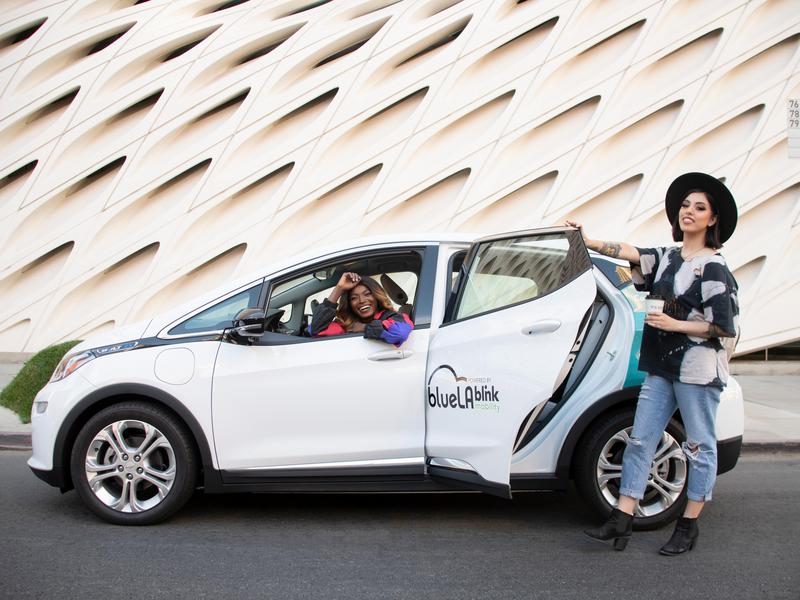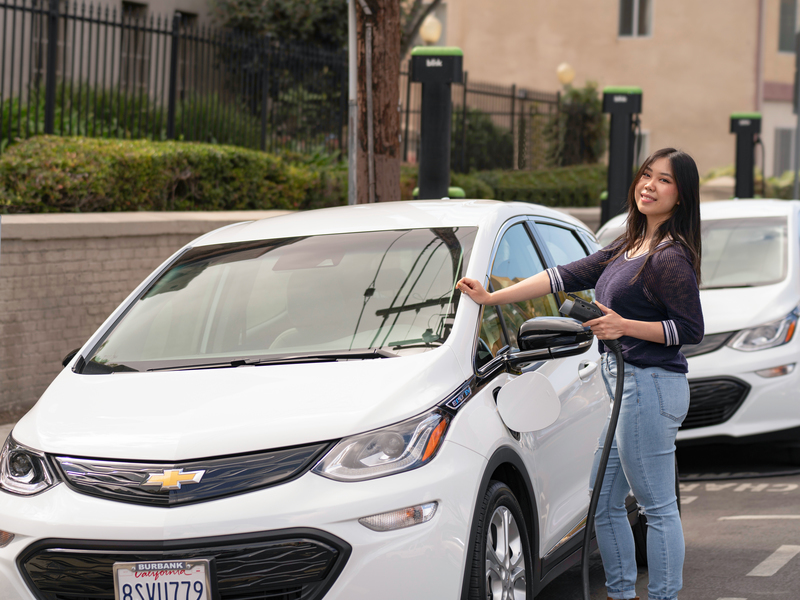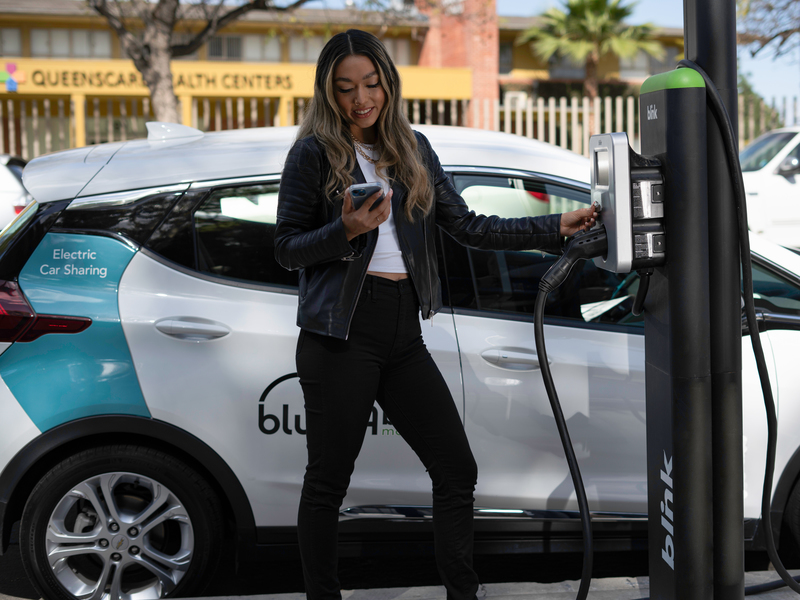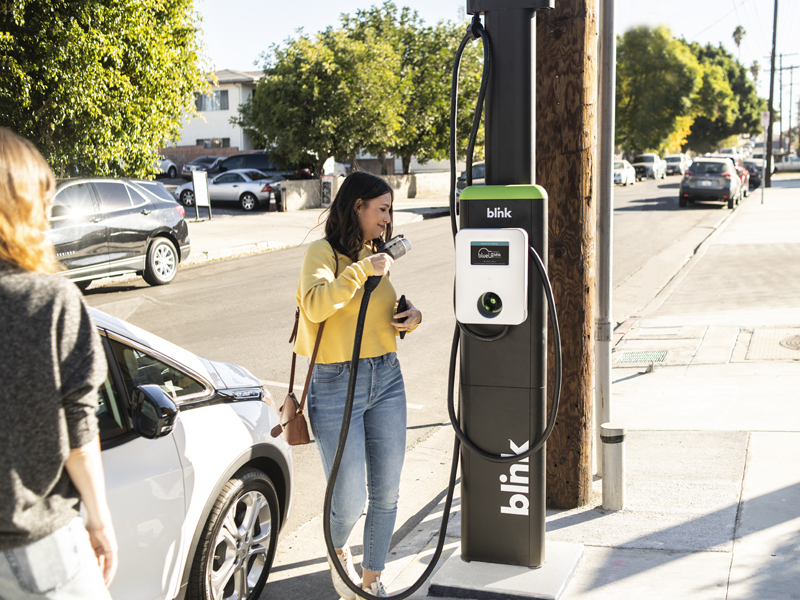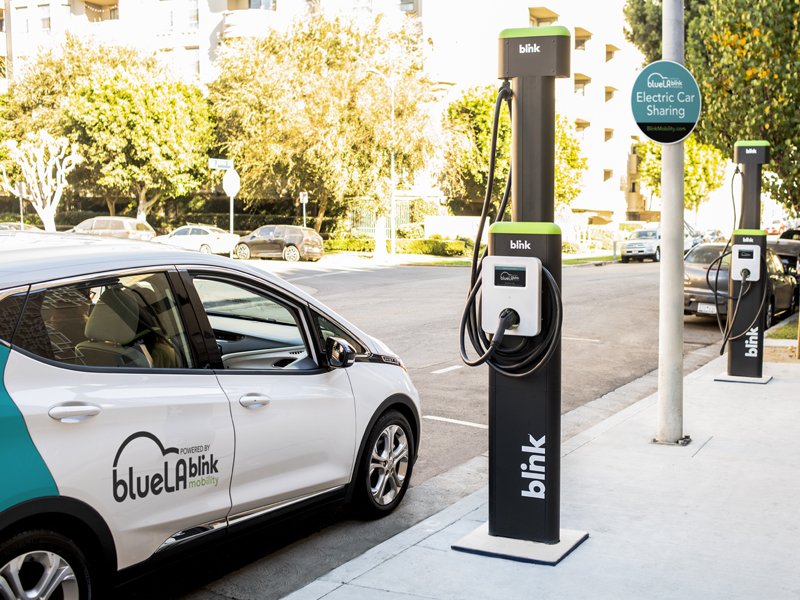Once upon a time, oil companies and automakers considered EVs to be blips on the market radar they could easily leave in the rear-view mirror. Today, they’re fighting to get in the driver’s seat and get involved in an industry that is leaving the old way of doing things in the dust. Many are investing in EVSE, and communities, and they purchase EVSE, making ownership of EVs easier for themselves and others.
Most of the quickly growing number of chargers are paid for by those who want to use them, but you may be surprised at who else is getting into the EV game, including those for whom increasing EV infrastructure may not be good news.
Oil Companies
Yep, you read that right, oil companies. Seems oil companies might be reading the writing on the wall. Just in case EVs make up a greater market share than gas-fueled vehicles someday, which in all likelihood they will, oil companies want to continue making profits from transportation.
According to Webasto.com, BP, Great Britain’s largest oil company has recently purchased their largest EVSE manufacturer, Chargemaster. While some argue oil company involvement in the EV industry is merely for good public relations, purchasing a large EVSE manufacturer is a very big and expensive step. It seems BP still wants to be at the top of the heap when it comes to re-fueling cars for the foreseeable future, no matter what kind of car is selling.
Oil companies investing in the EV industry is becoming more and more common. Quartz says, “They’re investing heavily or outright acquiring electrical infrastructure needed to supply the millions of electric vehicles expected in the next few years.” For example, Shell has invested over a billion dollars in renewable energy.
In Europe, many more oil companies are getting actively involved in the EV industry, but the U.S. is catching up. Last year, Chevron “participated in a $240 million round” for a large EVSE manufacturer in America. Daimler, the German automaker, invested also. In fact, many automakers who have made incredible profits over the years with gas-fueled cars, are also investing in EV infrastructure.
Automakers
In 2017, Daimler, Ford, BMW, and Volkswagen partnered to form a new venture called Ionity, with plans to install 400 fast chargers in Europe by this year.
As part of its “Dieselgate” settlement, Volkswagen is installing 2,800 charging stations in 16 major cities across the U.S. While most automakers are eager to pass the manufacture and installation to a third party, some are getting directly involved. Tesla has built its own stations, largely in California, exclusively for their own cars, though insiders say they may be opened up to all EVs soon.
Utilities
Utilities are making the strongest push of all into EV investments. Utilities have a direct interest in a cleaner, less overloaded grid, so it’s natural for them to get involved in EV infrastructure. Utilities are investing in EVSE all over the country.
The California Public Utilities Commission pledged $738 million for electric vehicle charging stations to meet their clean air regulations by 2030 and keep California at the forefront of electric vehicle infrastructure. San Diego Gas and Electric is spending $137 million on its residential charging program and offering rebates for 60,000 customers who may want to invest in an electric vehicle charging station for their own home.
Unlike California, Maryland is not known for having a large number of charging stations already. Utility companies plan to install 5,000 charging stations as part of a goal to get 300,000 electric vehicles on the road by 2025. Currently, the state has 10,000 EV drivers and only 1,200 charging stations, mostly around D.C. suburbs, making it essential for the state to make an effort to stay ahead of demand. Stories like Maryland’s are happening in rural areas all over the country.
When utilities get involved in the creation of EV infrastructure, they can help lighten local load, and encourage grid use in a way that enables all users to access electricity without overloading the electric grid, something that’s good for both drivers and consumers.
Recommend for You
Stay Informed
Join our mailing list for hot news and company updates.


